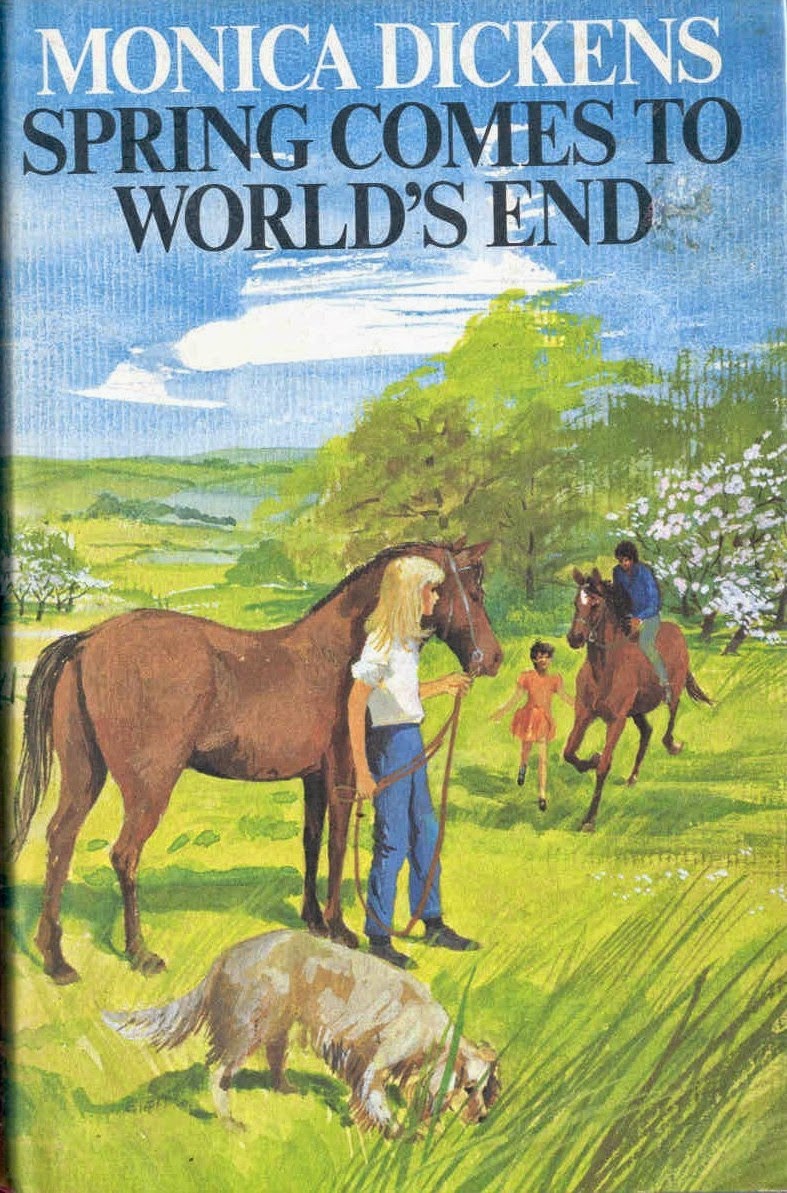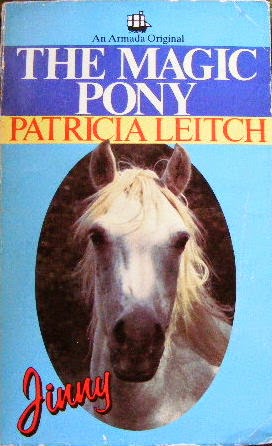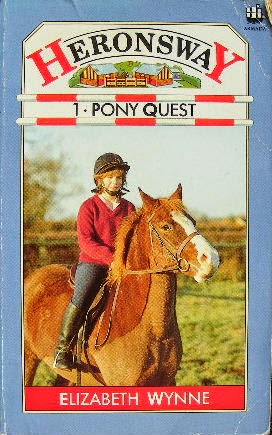PBOTD 30th April: The Black Beauty Annuals

Here's the last of the Black Beauty themed posts: this one is annuals, annuals all the way. If you were obsessed with the television series The Adventures of Black Beauty, then the annuals were just what you needed while the series was off the air, because in those days there were no such things as videos, or iPlayer. Once it was off the air, that was your lot. So here, for your delectation, are the Black Beauty annuals: 1972 1975 1976 1977 1978 1979 1980 1985 ~ 0 ~
















